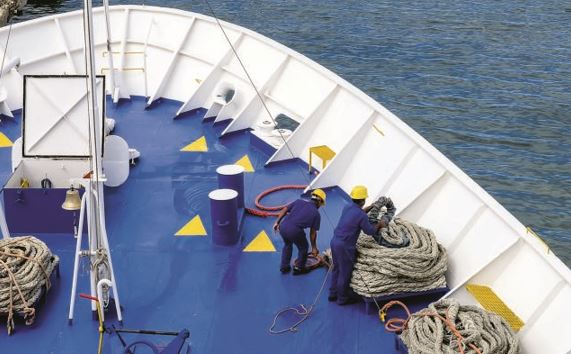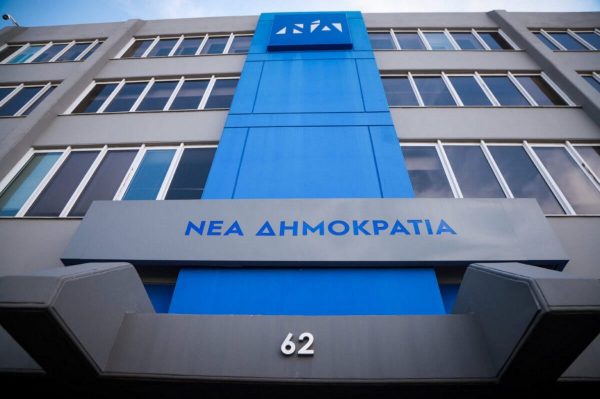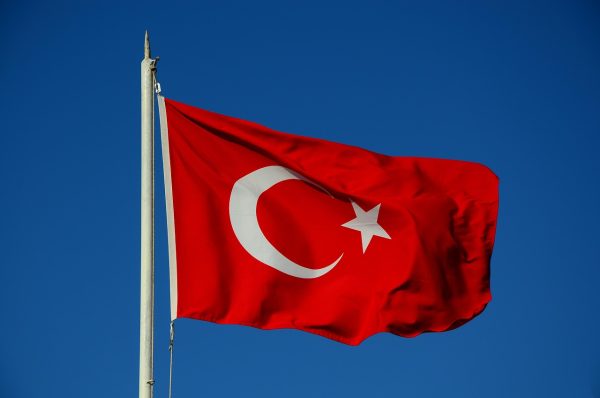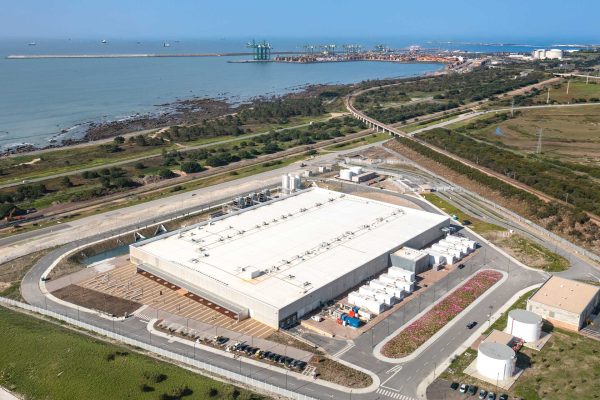
An ocean of emotions used to flood the sailor-breeding lands, each time a youngster prepared for his maiden voyage and many islands used to breathe and live through those who chose the route of the sea profession. Greek shipping has always been a safe haven; for some regions of the country this direction was traditionally the only way forward. The isles of Chios, Oenousses, Andros, Syros, Kalymnos, Cephallonia, Zante, Ithaca as well as many land areas –such as Galaxidi and Leonidio– were characterized as centers of the nautical art of seafaring and birthplaces of many Greek shipmasters who reached the point of currently holding the steering wheel of global maritime industry. Thousands of Greek seafarers, who originated from the “wombs” of seamanship, passed on the Greek culture, values, customs and vernacular, laid the foundations of the Helladic space and enhanced the country’s presence all over the Mediterranean and the Black Sea. The isle of Chios, in particular, reminded everybody that it was the “Metropolis of Greek shipping”, Galaxidi was the naval state of the region of Sterea Hellas, while the isles of Oenousses and Andros took pride in bearing the title of “island of captains and shipowners.”
Symbols
Actually, many shipowners exceeded by far the frontiers of Greek maritime entrepreneurship and were characterized iconic for their isles of origin, such as Andros, Chios, Oenousses and other areas. The common denominator of traditional shipping companies were the strong family ties and common birthplace, something that remained unaltered for at least two centuries, until it started declining. Years went by, times changed, and the erstwhile powerful seafarers’ birthplaces which amply “manned” Greek vessels risked becoming bereft of seamen. Other areas took over, since in times of great economic and social turmoil shipping always provides a way out. Quite characteristic of this shift is the picture rendered by a survey conducted by the University of the Aegean (Isalos.net initiative), which recorded the places of origin of young cadets in the Mercantile Marine Academies. As expected, the vast majority comes from Attica (33%) and 9% from Central Macedonia. These are followed by the Peloponnese, Sterea Hellas and Crete, which represent 8% of the sample, while the Aegean isles jointly account for 12% of first-years in the Academies. The lowest rates are recorded in Western Greece (3%), Cyprus (3%), Epirus (3%), the Ionian islands (2%) and Western Macedonia (1%).
The students
It is worth noting, at the same time, that only 16% of new students in the Academies comes from a family where one of the two parents is directly involved with shipping – 84% of first-years come from families with no trace of naval tradition. Moreover, the rate of students stemming from naval families has declined by 4% in comparison to the 2010 data (20%).
In order to change that trend, the Union of Greek Shipowners (UGS) has set as a prerequisite the institutional improvement of nautical education and the possible increase of the number of young students enrolled in the Mercantile Marine Academies of the country. In this framework, initiatives are taken with a view to preserving naval know-how and tradition, in order for Greek shipping, primarily, to have a future.
In an effort to attract the Greek youth back to the sea and revive these traditional “wombs” of Greek seafarers’ breeding, information campaigns were launched in social media and one-day conferences were held in various areas of special interest for nautical education, so as to rekindle the youth’s interest and maintain an open and steady communication channel with the labor market.
Information
One of these initiatives was the information campaign launched by the UGS on the career opportunities offered by the sea and maritime profession, inviting young Greeks to turn their interest towards shipping and offer manning, as either officers or crews. With the slogan “a sea of opportunities”, the information campaign aimed at promoting the maritime profession and career prospects open to those who will choose it.
The “hunt” for seamanship remains alive and the staging of new campaigns for the revival of seamanship, especially in areas intrinsically linked with the sector, is necessary. For that to be attained, a single strategy is needed, with the participation of all involved stakeholders, and the age-long economic contribution of shipping to the country must be put forward.
In the long history of the Greek nation, mercantile marine has always played and still plays an important role in both the economic and cultural development of the country as well as its global promotion. Therefore, it is a common vision to maintain the long tradition that originated from historic naval places and gradually spread all over the country, thus contributing to the modern-day Greek maritime miracle.
Latest News

PM Mitsotakis to Chair New Democracy’s Committee Meeting
Today’s meeting is seen as a crucial opportunity to halt internal disputes within ND and reaffirm unity within the party.

Trump Tariffs Jeopardize Growth: Piraeus Chamber of Commerce
The tariffs, aimed at reducing the U.S. trade deficit, are expected to have both direct and indirect effects on the European economy

EU Condemns Trump Tariffs, Prepares to Retaliate
As tensions escalate, the EU is expected to continue negotiations with Washington while preparing for potential economic retaliation.

The Likely Impact of Trump Tariffs on Europe and Greece
Trump tariffs are expected to negatively affect economic growth in the Eurozone while Greece's exports could take a hit.

Motor Oil Results for 2024: Adjusted EBITDA of 995 mln€; Proposed Dividend of 1.4€ Per Share
Adjusted EBITDA for 2024 was down 33% yoy. The adjusted profit after tax for 2024 stood at 504 million euros, a 43% decrease from the previous year

Cost of Living: Why Greece’s 3% Inflation Is Raising Alarm
Greece appears to be in a more difficult position when it comes to price hikes, just as we enter the era of Trump’s tariffs.

Fitch Ratings Upgrades the Four Greek Systemic Banks
NBG’s upgrade reflects the bank’s ongoing improvements in its credit profile, Fitch notes in its report, including strong profitability, a reduction in non-performing exposures (NPEs), and lower credit losses

Trump to Announce Sweeping New Tariffs Wednesday, Global Retaliation Expected
With Trump's announcement just hours away, markets, businesses, and foreign governments are bracing for the fallout of one of the most aggressive shifts in U.S. trade policy in decades.

Inflation in Greece at 3.1% in March, Eurostat Reports
Average inflation in the eurozone settled at 2.2%, compared to 2.3% in February

Greece’s Unemployment Rate Drops to 8.6% in February
Despite the overall decline, unemployment remains higher among women and young people.










































 Αριθμός Πιστοποίησης
Αριθμός Πιστοποίησης